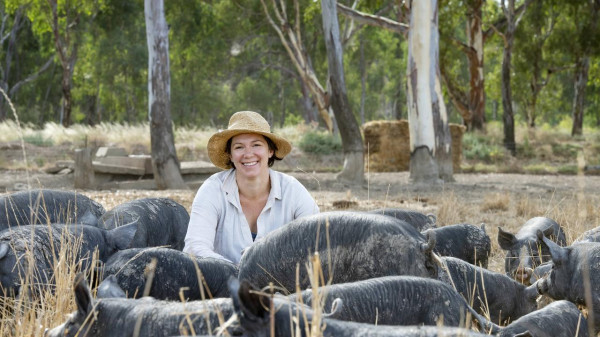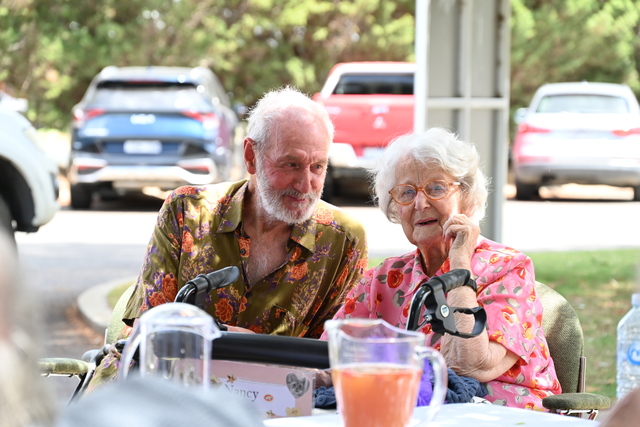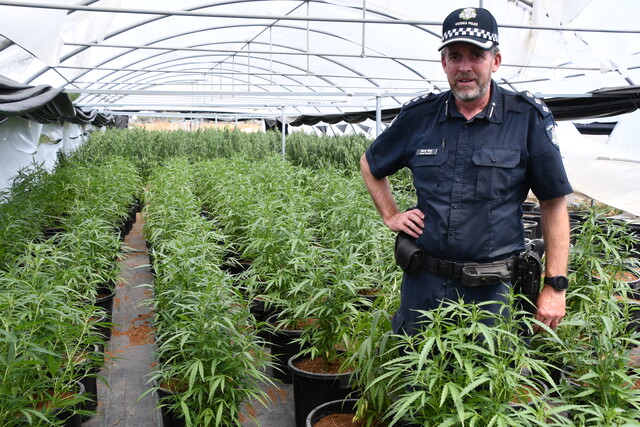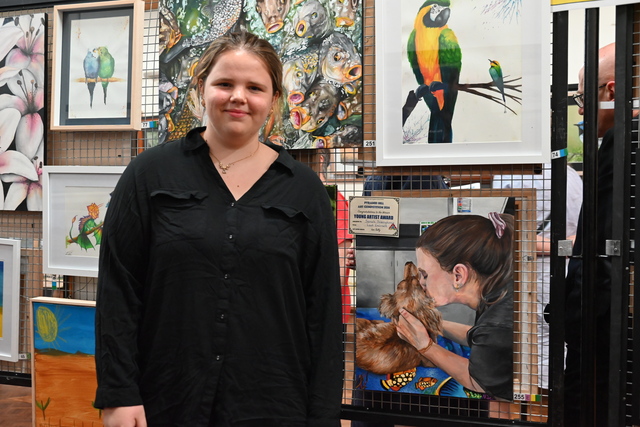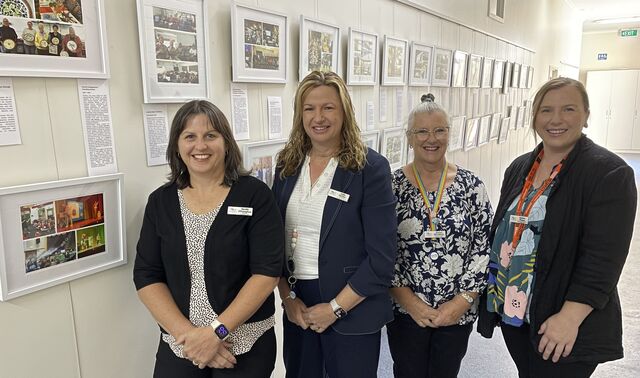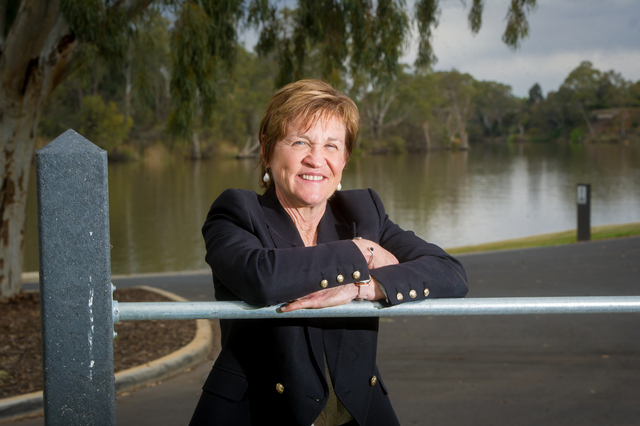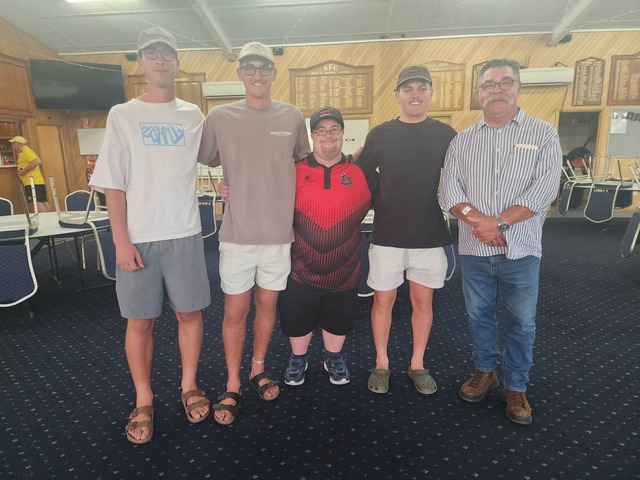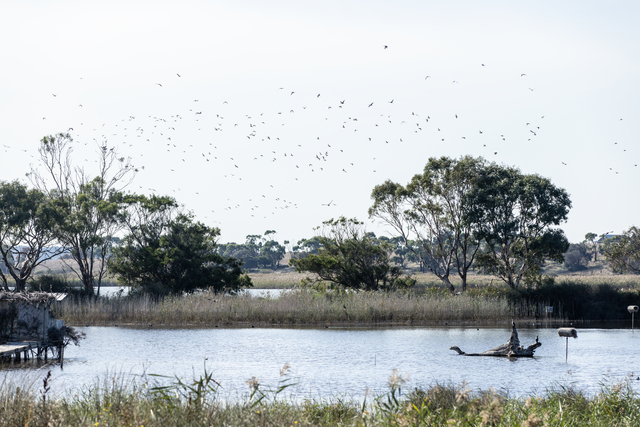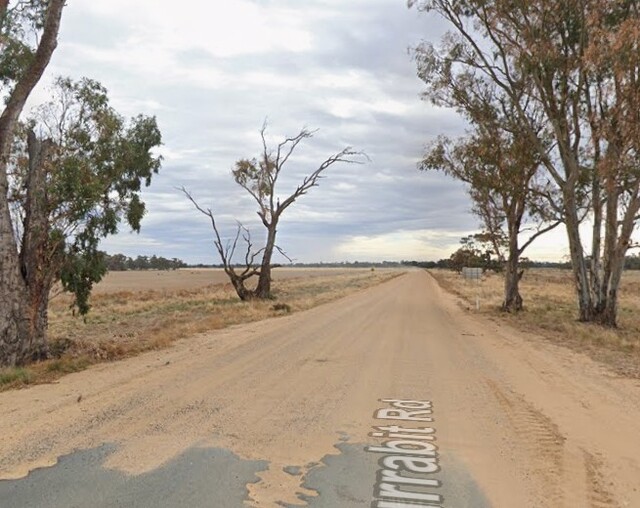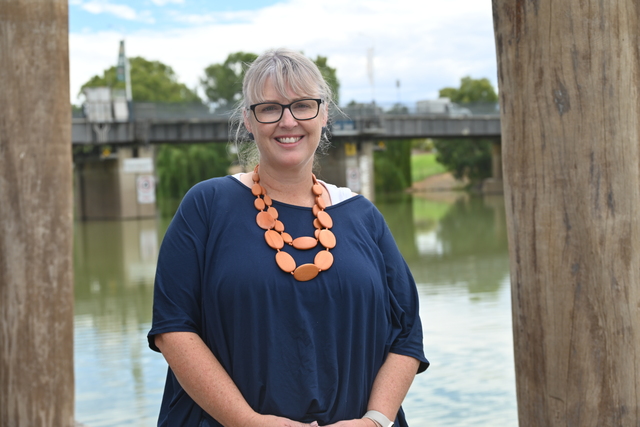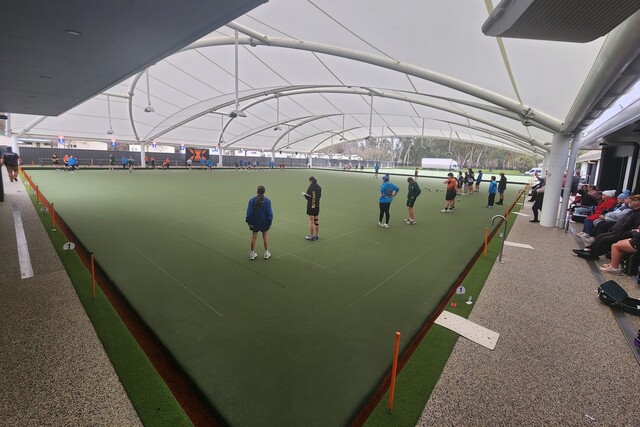BARHAM livestock producer and advocate Lauren Mathers has returned to the board of the Murray Plains Meat Co-op, six months after standing down as its chair.
And she says the project, already seven years in the making, is now within reach of opening, hopefully by April next year.
The co-op’s micro-abattoir is the brainchild of 30 producers, stretching from Deniliquin and Wakool to Boun, who aim to gain control of their meat-processing supply chain.
The project has been funded by $2.5 million in farmer investment and government funding, and spearheaded by Bundarra Berkshires farmer Lauren, who runs free-range pigs and chickens at Barham in NSW.
The abattoir at Barham will process cattle, buffalo, lambs, goats, pigs, chickens, ducks and turkeys, with capacity capped at 720 tonnes a year.
“It is all about producing high-quality carcases and high-quality meat,” Lauren says.
“There is a real need for it, and we’ve had an amazing interest from people who can’t get their carcases processed and are struggling with the price of freight.
“It is pretty exciting for anyone who has a business like ours, or anyone who wants to start one.”
Lauren says it’s been almost a year since the Murray Plains Meat Co-op began working with the council on the process of getting the Barham Micro-abattoir facility ready for its licensing audit – and seven years since the group held its first meeting at her farm with 40 other regional producers.
“After removing myself from the board as chair for those six months, I’m thrilled to be back as a director with some renewed energy and clarity to see this facility get up and running,” Lauren says.
“The current state of affairs for farmers is fairly dismal.
“With processing for organic animals and taking contract kills limited or closed, and abattoirs not having the capacity to handle the overflow, producers are left with almost nowhere to process their animals.
“If you can imagine a landscape without grazing animals in it, that is what we could be heading for without small processing options becoming readily available for smaller producers not selling into the likes of JBS and Kilcoy and the big supermarkets.
“I’m proud of what the MPMC board has achieved to date, it’s not an easy feat to meet DPI requirements for food safety plans, Worksafe and animal welfare, let alone the hundreds of pages of paperwork that accompany each single process in abattoirs and food production.
“Our directors are currently working in an unpaid capacity tirelessly behind the scenes to meet these requirements, and once operations commence, the cooperative will be an operating business that will keep local dollars in our community.”
Lauren says not only will there be a slaughtering service, but also butchering and distribution for paddock-to-plate producers and a no minimum per slot requirement for onsite “home kill” services.
She says small abattoirs are a minority, but they are the backbone of regional areas and she is looking forward to seeing the Barham micro-abattoir finally become a reality.
The co-op formed in 2019, in response to closure of a local meatworks, which forced many small-scale producers to travel huge distances to process their livestock.
“We decided as a group, there and then, we would build our own micro-abattoir,” Lauren recalls.
Until then, producers must endure a 640km round trip, twice a week, to drop off and collect chickens at a Melbourne meatworks, and 560km round trip to deliver pigs to a different abattoir in Victoria.
Now, her journey will be less than 20km.
With construction complete, the group is recruiting staff and inviting community members to back the project through co-operative co-investment units.

